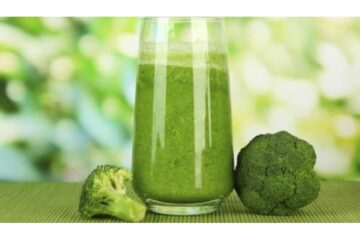Soaked Dry Fruits in Milk or Water: Packed with vital vitamins, minerals, and antioxidants, dry fruits make a healthy snack. A handful of dried fruits is a great option for people of all ages because it can increase energy and offer a number of health advantages. It is advised to soak dried fruits before eating them for maximum benefits. Phytic acid, a naturally occurring substance that can prevent the absorption of nutrients, is broken down by soaking. Furthermore, soaking can lessen the chance of intestinal pain while also making dry fruits easier to digest.
Soaked Dry Fruits In Water
There are many benefits to the popular practice of soaking dry fruits in water. It softens and hydrates them, which facilitates digestion. The natural sugars and fibre content are also preserved by water soaking, guaranteeing that the dry fruits maintain their nutritional worth. Water does not provide additional calories or sweets, in contrast to soaking in milk. By doing this, the dry fruits’ natural moisture can be reabsorbed, reactivating their nutrients and enzymes.
Soaked Dry Fruits In Milk
A tasty and nourishing method to maximise the health advantages of dry fruits is to soak them in milk. The fibre is broken down and made easier to digest by the lactose in milk. Along with additional vital minerals like protein, calcium, and vitamins, milk also contributes a rich, creamy flavour. Additionally, by encouraging the growth of good bacteria, the probiotics in milk might enhance intestinal health. The nutrients in the milk are absorbed by the dry fruits, making them a more nutritious and filling snack that promotes general health and long-lasting vitality.
Soaking Dry Fruits In Milk Or Water: Which Is Healthier?
Depending on personal or dietary choices, soaked dry fruits can be consumed in either water or milk. Dry fruits that have been soaked in water have less sugar and phytic acid, which makes them perfect for people who are lactose intolerant and helps with digestion. Conversely, dry fruits that have been soaked in milk offer calcium, protein, and a deeper taste.


